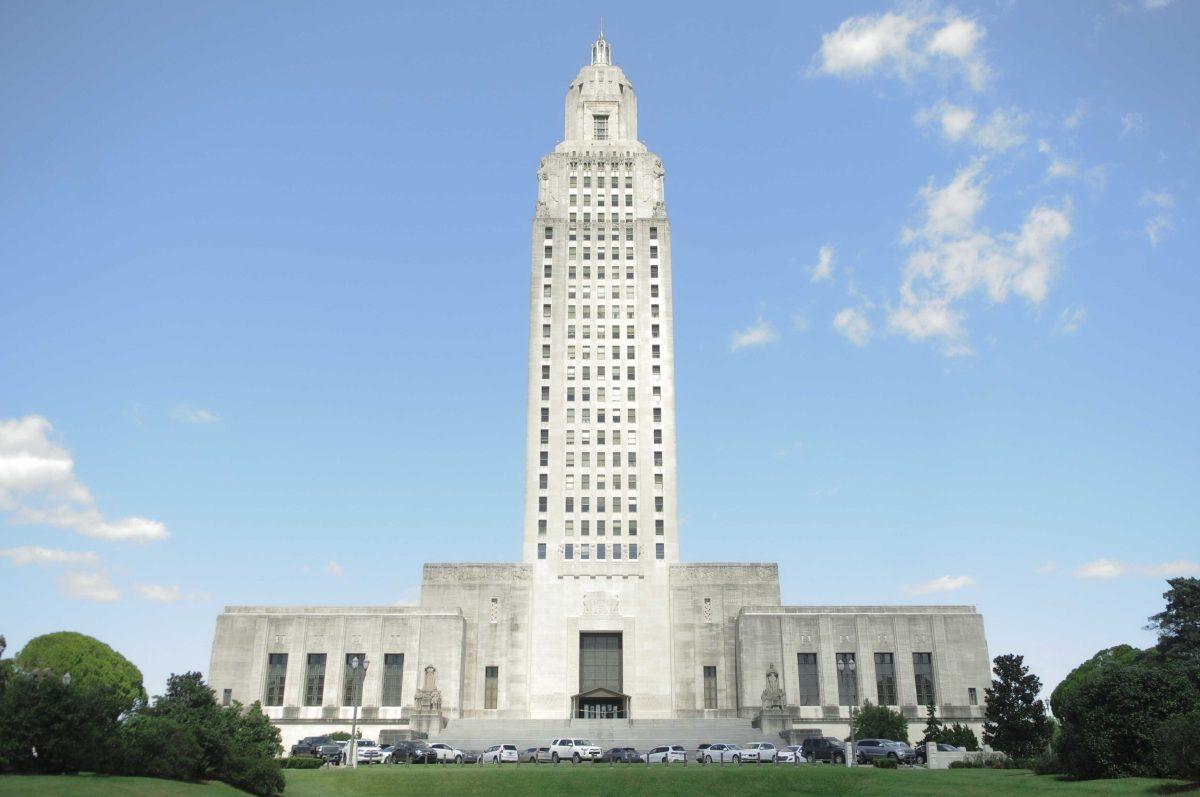The Louisiana legislative special session that began late September adjourned four days ahead of schedule on Oct. 23.
Republican legislators opened the session in hopes of gaining more authority on the COVID-19 crisis after feeling they were left in the dark by many of the governor’s policy decisions.
The bills passed through the House and Senate aimed at diminishing the governor’s powers were vetoed by the governor’s office near the end of the session. As an alternative, the legislature put together a petition that would accomplish the same end result.
The petition would nullify the governor’s pandemic-related restrictions, including the statewide mask mandate. The Louisiana Department of Health disapproves of this initiate while lawmakers in the House and Senate stand behind it. The petition was signed by 65 of the 68 House Republicans.
In a press conference on Oct. 23, Gov. John Bel Edwards criticized the petition as “reckless and irresponsible and unconscionable.”
The petition, which has raised questions regarding its constitutionality, will be heard in court on Thursday. Pending its approval, all statewide restrictions are still active.
Should the court side in favor of the legislature, the governor will be required to sign an order ending all COVID-related restrictions throughout the state. Seven days later, he will be given the opportunity to issue a new executive order, presumably with more input from House and Senate leaders.
If the petition is not approved, the governor announced in a press conference on Nov. 5 that Phase 3 mandates will stay in place until at least Dec. 12.
Dr. Joseph Kanter, Assistant State Health Officer for the Louisiana Dept. of Health, said that the petition would defeat much of the work done in the state to prevent the spread of COVID-19.
“At this point in the pandemic we have a really good sense of what works in terms of controlling the spread of the virus,” Kanter said. “What I saw happen in this session was a lot of backtracking, a lot of grandstanding, a lot of political posturing at the expense of the health of Louisiana.”
Kanter said that he believes the petition will make it more difficult for the state to go back to normal if citizens stop properly masking and distancing.
“The word that comes to mind is short-sightedness,” said Aly Neel, Communications Director at LDH. ”At times in the session I found myself wondering how representative these views really were.”
Rep. Troy Romero, one of the 65 house members who supported the petition, voiced the legislature’s frustration with the governor throughout the pandemic. He said that if Edwards had been more forthcoming and open to dialogue with the House and Senate leaders, the session and resulting petition would not have been necessary.
“There’s two sides to this issue,” Romero said. “It’s not just the governor’s state, it’s our state too.”
Romero said many of the actions taken by Edwards in the early stages of the pandemic were justified, but for where the state currently stands, the policies need to be reconsidered.
“You can’t continue to keep the state locked down and hurt the economy,” Romero said. “But not only that, we know for a fact that there are issues with mental health – child abuse, spousal abuse, alcoholism, [obesity], suicide, and a lot of other mental issues that are not being talked about. It’s time for us to sit down and take a good look at how COVID is affecting every aspect of our lives.”
Many Republicans in the legislature agree that safety precautions should now be left in the hands of individuals to choose for themselves, and that’s what the petition is aimed at doing.
“It’s time for us to be truthful with everybody and let them make up their minds if they want to go to LSU football games or any other events,” Romero said. “They should have their own individual right to choose what they’re going to do to protect themselves from this virus.”
Romero said that in his district, located in Southwest Louisiana, COVID-19 cases are almost nonexistent and residents are ready to get back to normal life, especially in light of the two hurricanes they’ve recently faced. He hopes legislation passed during the session will help them do that.
“COVID’s not going away,” Romero said. “It’ll be around for a very long time and we have to learn to live with it.”




